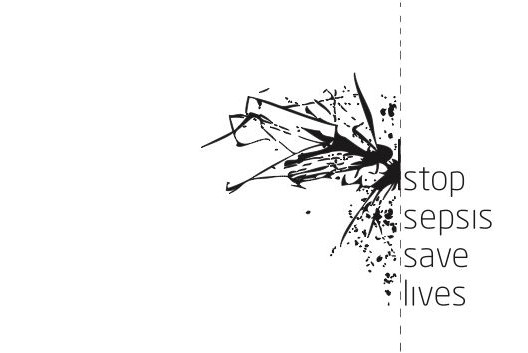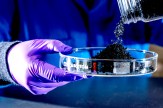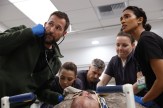First Annual World Sepsis Day

Sepsis is a whole-body inflammatory response to an overwhelming infection by bacteria or other microogransim. At first glance, it may not seem like a big enough issue to dedicate a whole day toward. But consider the following and then decide:
- Every 3-4 seconds, someone dies of sepsis.
- 70% of all infant deaths worldwide are due to infections leading to sepsis.
- Twenty to 30 million people are estimated to be afflicted worldwide.
- More people are hospitalized due to sepsis than due to heart attack each year.
- Despite modern vaccines, antibiotics and intensive care, sepsis instances continue to rise.
Steven Leonard, assistant professor of pharmacy practice in the Bouvé College of Health Science, has dedicated his research to the effective treatment of bacteria that cause the infection. “Antimicrobials are generally the ‘cure’ for sepsis,” he said. “But it is the critical care side of treatment (mechanical ventilation, maintenance of blood pressure, etc.,) that keeps the patient alive, giving the antimicrobials time to do their job of eradicating the infecting organism.”
The condition can stem from something as “seemingly minor as a scratch that gets infected,” said Leonard. “People who are immunosuppressed for some reason may not mount enough response to the invading pathogen and are therefore more at risk for an overwhelming infection.” Various diseases and drug treatments, as well as stage of life can all compromise a person’s immune system making him or her more susceptible to sepsis.
Nonetheless, “preventing it is difficult because it is hard to predict which patient will have an infection, when they will have the infection, and how severe it will be,” said Leonard. “The best method to deal with sepsis is early recognition of the signs and symptoms and rapid response with appropriate therapy.”
The Global Sepsis Alliance created World Sepsis Day to raise awareness of the condition and to minimize its impact on our global society. “By promoting good general hygiene practices like proper hand hygiene and clean birthing conditions,” states the website, “as well as improvements in sanitation and nutrition, access to clean water, and vaccination programs for specific patient populations, we aim to reduce the global incidence of sepsis by at least 20% by 2020.”
Do you know someone who has suffered from sepsis or is the issue news to you like it was to me? What do you think of global awareness days like this? Do you think they can have the impact they aim for?





